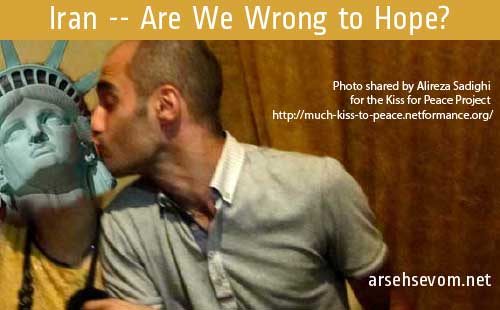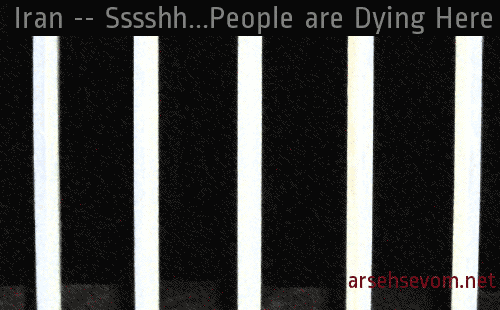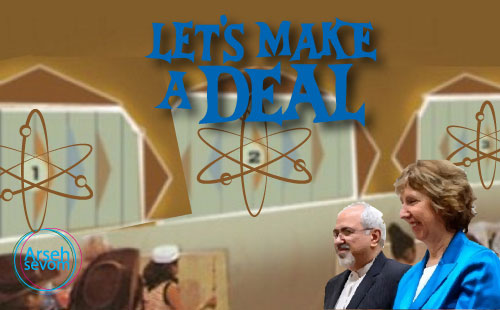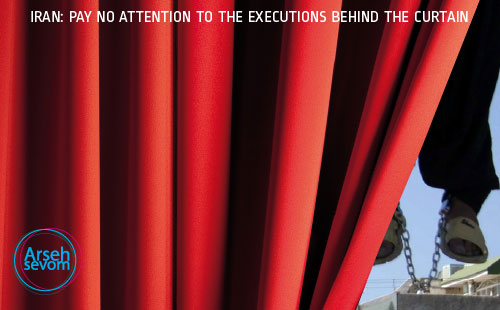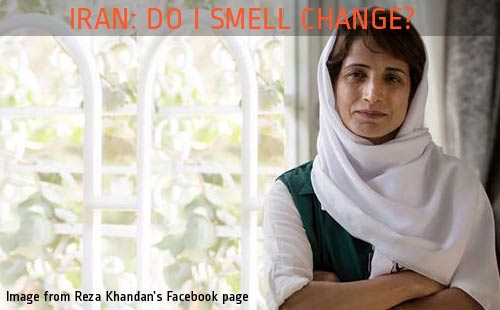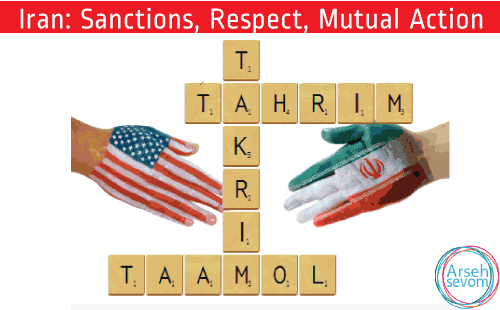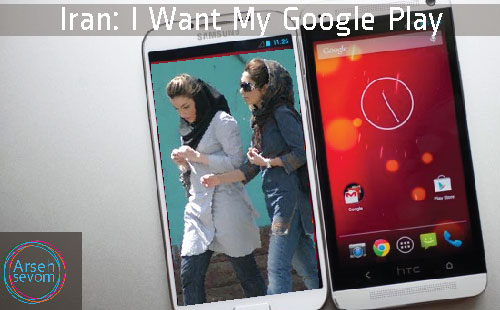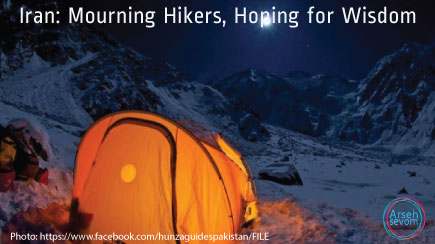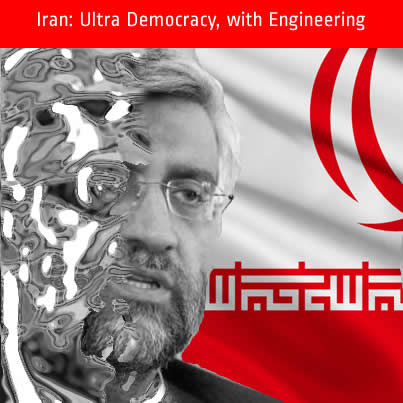November 11, 2013
Arseh Sevom -- Can you excuse us for hoping for change even though we know that political prisoners and prisoners of conscience face malicious neglect and execution to this day? Like many in Iran, we were hoping for a quick positive outcome to the nuclear negotiations. Like others, we are enjoying the fashion spread in Fashionable, Sexy, Haute and Naughty Magazine. We enjoy hearing more of Iran's political figures call for the filtering of social networking to end and look forward to the day that the most interesting news out of Iran is what a friend ate for lunch.


